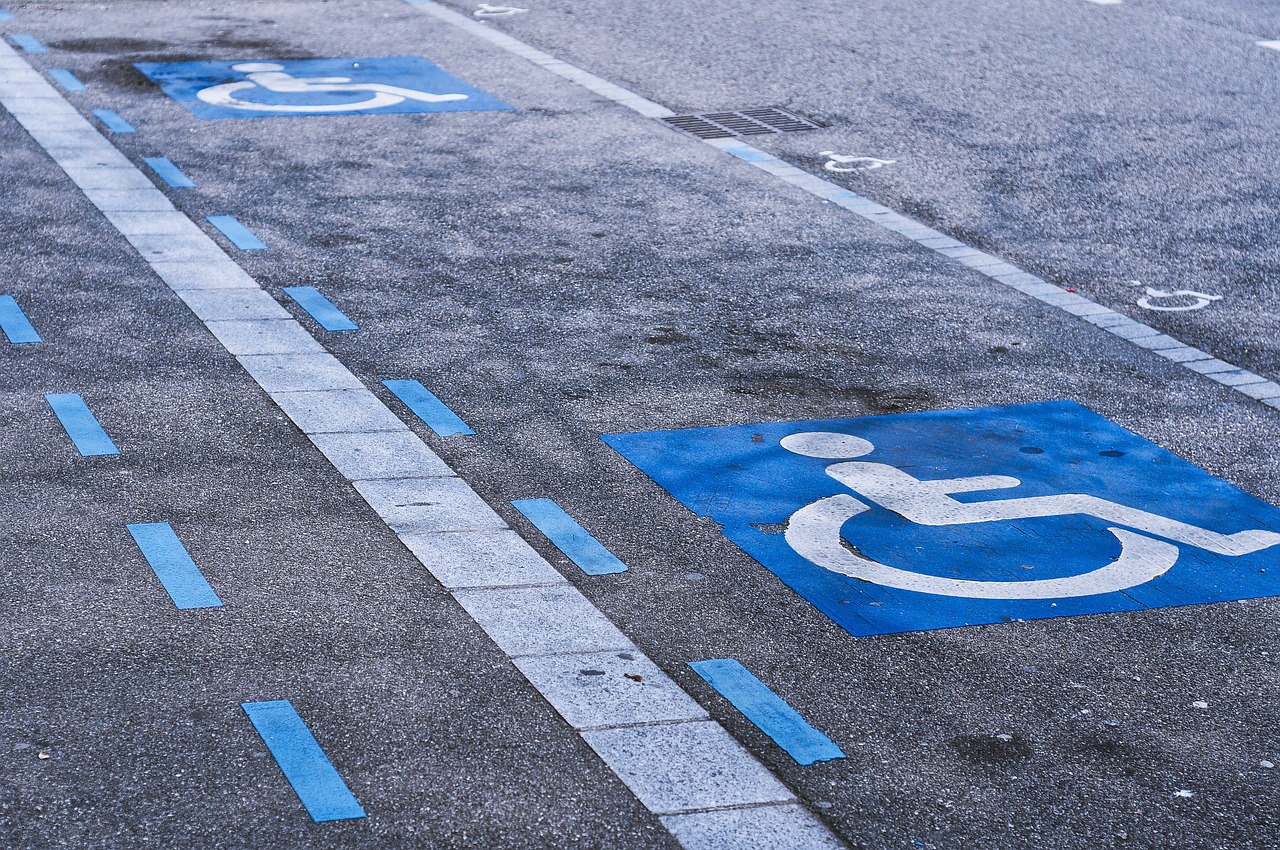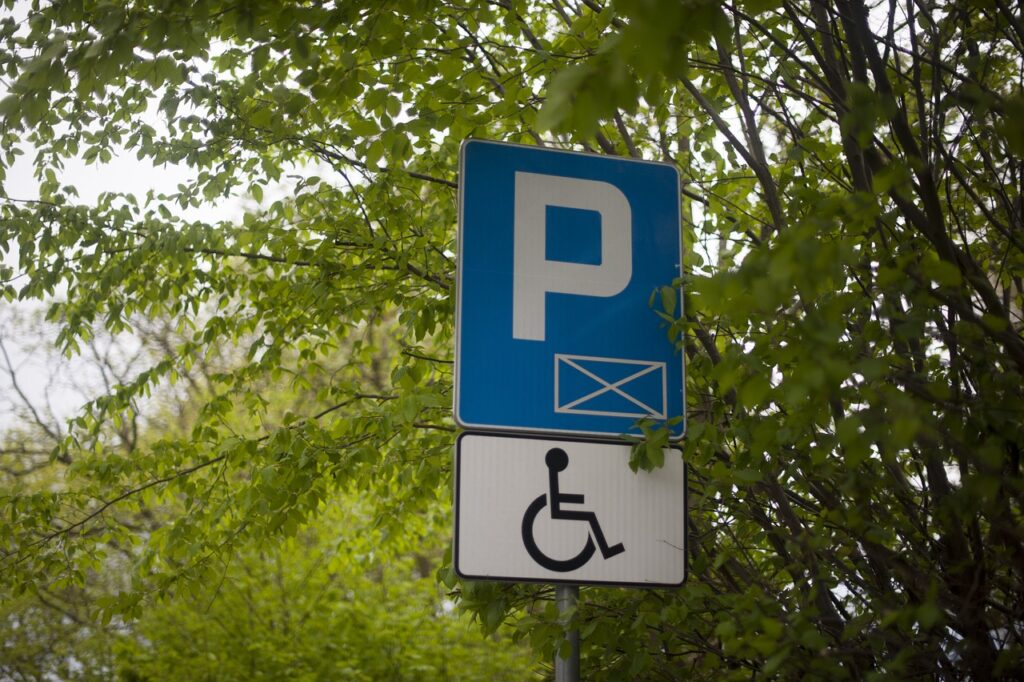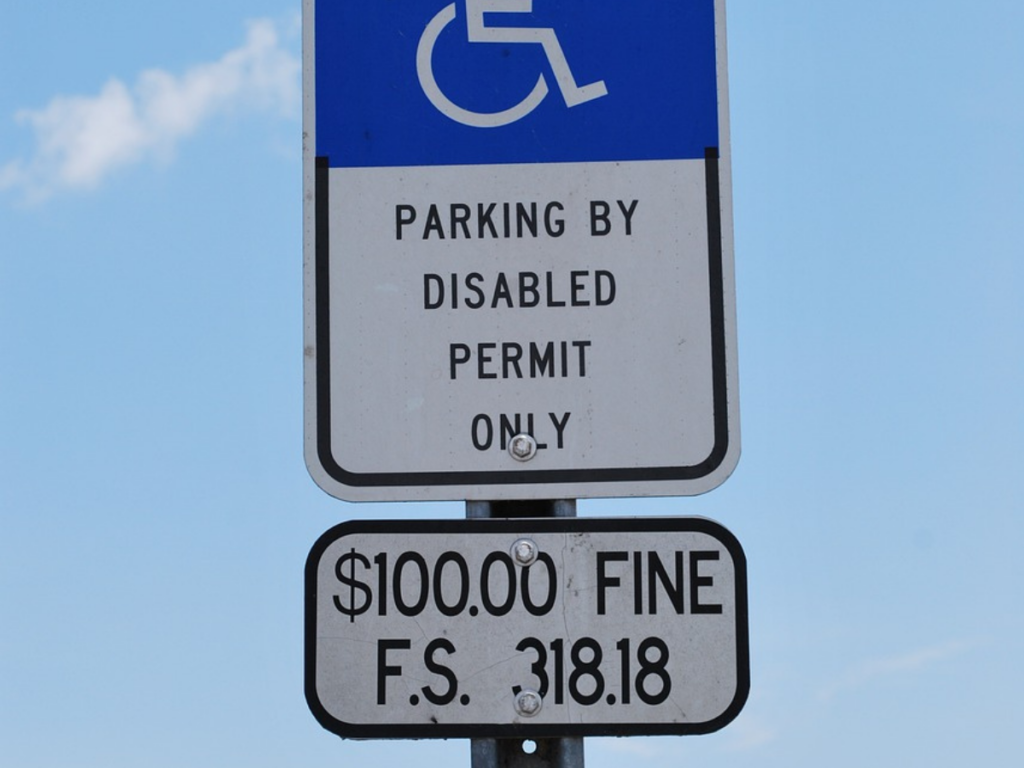The Road to Equal Access: Advocating for Improved Handicap Parking Regulations Nationwide

Equal access to public spaces is a fundamental right that should be upheld for all individuals, regardless of their abilities. When it comes to parking facilities though, individuals with disabilities often face significant challenges due to inadequate handicap parking policies and infrastructure. In this blog, we’re exploring the importance of advocating for improved handicap parking regulations nationwide to ensure equal access for disabled individuals. We’ll cover the existing regulations, the need for advocacy, and potential solutions to enhance accessibility in parking facilities.
Understanding Handicap Parking Regulations and Accessibility Parking Policies:
Handicap parking regulations serve as the backbone of ensuring accessibility for individuals with disabilities. These regulations dictate the number of handicap parking spaces required in public and private parking facilities, as well as the specifications for these spaces, such as width, signage, and proximity to building entrances. However, the enforcement of these regulations often falls short, leading to violations and inadequate access for disabled individuals.
Accessibility parking policies complement handicap parking regulations by addressing broader issues related to accessibility in parking facilities. These policies may include provisions for accessible pathways, curb ramps, and signage to guide individuals with disabilities safely to and from parking spaces. Advocating for the implementation and enforcement of comprehensive accessibility parking policies is crucial for promoting equal access for disabled individuals.
The Importance of Equal Access Parking Advocacy and Disability Parking Rights:
The importance of equal access parking advocacy and disability parking rights cannot be overstated in the quest for a truly inclusive society. Advocacy efforts are vital for raising awareness about the challenges faced by individuals with disabilities in accessing parking facilities and for mobilizing support for policy changes that promote equity and accessibility.
Equal access parking advocacy serves as a catalyst for change, empowering disabled individuals and their allies to speak out against discrimination and inequity in parking facilities. By amplifying the voices of those directly affected by inadequate parking policies, advocacy campaigns can bring attention to the systemic barriers that prevent disabled individuals from enjoying full participation in their communities.
Disability parking rights are grounded in principles of equality and non-discrimination, enshrined in laws such as the Americans with Disabilities Act (ADA) and state accessibility regulations. These rights affirm the inherent dignity and worth of individuals with disabilities and recognize their entitlement to equal access to public spaces, including parking facilities.
Advocating for disability parking rights involves challenging existing norms and advocating for policy changes that prioritize accessibility and inclusion. This may include lobbying for stronger enforcement of handicap parking regulations, advocating for the expansion of accessible parking options in high-traffic areas, and promoting education and awareness about disability rights among the general public.
Disability parking rights encompass more than just physical access to parking spaces! They also encompass the right to dignity, respect, and equal treatment. This means challenging attitudes and behaviors that perpetuate stigma and discrimination against individuals with disabilities, including the unauthorized use of handicap parking spaces and derogatory language.
Equal access parking advocacy and disability parking rights are integral components of the broader struggle for disability rights and social justice. By advocating for policy changes, raising awareness, and challenging discrimination, we can create parking environments that are truly inclusive and accessible to all members of society, regardless of their abilities.

Navigating ADA Compliant Parking Regulations and Handicap Parking Permits:
Navigating ADA compliant parking regulations and handicap parking permits is essential for ensuring equitable access to parking facilities for individuals with disabilities.
ADA compliant parking regulations set the standard for accessible parking spaces, ensuring that they meet specific criteria such as size, signage, and proximity to building entrances. Understanding and adhering to these regulations is crucial for parking facility operators, as non-compliance can result in legal penalties and, more importantly, hinder accessibility for disabled individuals.
Handicap parking permits play a pivotal role in granting individuals with disabilities the necessary privileges to utilize designated parking spaces. These permits are issued based on specific eligibility criteria, such as mobility impairments or medical conditions that affect walking. The misuse of handicap parking permits by unauthorized individuals still remains a prevalent issue, contributing to the scarcity of available parking spaces for those who genuinely require them.
Efforts to improve disability parking access must include measures to streamline the application process for handicap parking permits while enhancing enforcement mechanisms to prevent misuse.
Raising awareness about the importance of respecting handicap parking permits and advocating for stricter penalties for permit misuse can also help safeguard the rights of disabled individuals and ensure fair access to parking facilities. By navigating ADA compliant parking regulations and promoting responsible permit usage, communities can take significant strides towards creating more inclusive and accessible parking environments for all.
Improving Disability Parking Access Through Accessible Parking Solutions:
Improving disability parking access through accessible parking solutions is paramount in ensuring that individuals with disabilities can navigate parking facilities safely and independently.
One effective solution is the provision of designated van-accessible parking spaces equipped with wider access aisles to accommodate wheelchair lifts or ramps. These spaces enable individuals with mobility impairments who use wheelchair-accessible vans to enter and exit their vehicles with ease.
Installing wheelchair ramps or curb cuts along accessible pathways leading to parking spaces can enhance accessibility for individuals with mobility challenges. These ramps provide a smooth transition between different levels of terrain, allowing wheelchair users to navigate parking areas with minimal difficulty.
Implementing assistive technologies, such as proximity sensors or mobile applications, can also help individuals with disabilities locate available parking spaces more efficiently. These technologies provide real-time information about accessible parking availability, reducing the time spent searching for suitable parking spots and alleviating frustration for disabled drivers.
Ensuring that parking facilities are well-lit and equipped with clear signage can also enhance safety and visibility for individuals with visual impairments or cognitive disabilities. Accessible parking solutions should prioritize the needs of all disabled individuals, addressing a wide range of mobility and sensory challenges to create truly inclusive parking environments. By investing in accessible parking solutions, communities can demonstrate their commitment to promoting equal access and inclusion for individuals with disabilities.

Promoting Inclusive Parking Policies and Handicap Parking Signage:
Promoting inclusive parking policies involves advocating for measures that go beyond mere compliance with regulations to ensure that parking facilities are truly accessible and accommodating to individuals with disabilities.
These policies may include initiatives such as providing additional space for loading and unloading mobility devices, installing charging stations for electric wheelchairs and scooters, and implementing time limits on non-designated parking spaces to prevent abuse.
Furthermore, promoting inclusive parking policies requires fostering collaboration between local government agencies, disability advocacy groups, and parking facility operators. By engaging in dialogue and sharing best practices, stakeholders can identify opportunities to enhance accessibility and address the unique needs of disabled individuals in parking facilities.
Handicap parking signage is a critical component of promoting accessibility and compliance with handicap parking regulations. Clear and visible signage helps individuals with disabilities identify designated parking spaces and understand parking regulations, reducing confusion and preventing parking violations. Ensuring that handicap parking signage is properly maintained and visible is essential for creating a welcoming and inclusive environment for disabled individuals!
Advocating for standardized handicap parking signage that adheres to ADA guidelines can further enhance accessibility and facilitate navigation for individuals with disabilities. This includes ensuring that signage features universally recognized symbols and is positioned at appropriate heights for visibility. By advocating for the implementation of consistent and accessible handicap parking signage, communities can promote inclusivity and ensure that disabled individuals have equitable access to parking facilities.
Advocacy for Equal Parking Access and Handicap Parking Laws:
Advocacy for equal parking access and handicap parking laws is crucial for ensuring that the rights of individuals with disabilities are protected and upheld. This advocacy involves lobbying policymakers at the local, state, and national levels to enact legislation that strengthens handicap parking regulations and improves accessibility in parking facilities.
Advocates work tirelessly to raise awareness about the challenges faced by disabled individuals in accessing parking spaces and highlight the importance of implementing effective solutions.
Handicap parking laws serve as legal safeguards that protect the rights of disabled individuals and ensure that they have equitable access to parking spaces. These laws establish penalties for violations, outline requirements for handicap parking permits, and mandate the provision of accessible parking spaces in various settings. Advocates strive to create a more equitable and inclusive society where individuals with disabilities can navigate public spaces with dignity and independence.
Advocacy efforts also often involve collaboration with disability rights organizations, community groups, and other stakeholders to amplify the voices of disabled individuals and mobilize support for policy change.
Through grassroots advocacy campaigns, public awareness initiatives, and strategic partnerships, advocates work towards achieving meaningful progress in improving handicap parking policies and promoting equal access to parking for all.
Parking Accessibility Initiatives and Disability-Friendly Parking Facilities:
Parking accessibility initiatives encompass a range of efforts aimed at enhancing accessibility in parking facilities and promoting disability-friendly practices.
These initiatives may include accessibility audits, retrofitting existing parking facilities to meet ADA standards, and providing training to parking facility operators on disability etiquette and accessibility best practices. By implementing parking accessibility initiatives, communities can create safer, more inclusive parking environments that accommodate the needs of all individuals.
Disability-friendly parking facilities go beyond mere compliance with regulations to create welcoming and inclusive spaces for individuals with disabilities. These facilities may feature amenities such as accessible pathways, designated drop-off zones, and assistance services to facilitate seamless access for disabled individuals.
Investing in disability-friendly parking facilities not only enhances accessibility but also demonstrates a commitment to promoting equity and inclusivity in the community.
Ensuring Fair Access to Parking for Disabled Individuals:
Ensuring fair access to parking for disabled individuals requires a comprehensive approach that addresses both structural barriers and societal attitudes.
One crucial aspect is the enforcement of handicap parking regulations to deter abuse and ensure that designated spaces are reserved for those who genuinely need them. This may involve increasing patrols by parking enforcement officers, implementing stricter penalties for parking violations, and utilizing technology such as license plate recognition systems to monitor compliance.
Promoting education and awareness among the general public about the importance of respecting handicap parking spaces is also essential for fostering a culture of inclusivity and empathy. Public awareness campaigns can highlight the challenges faced by individuals with disabilities in accessing parking facilities and emphasize the impact of parking violations on their daily lives.
Providing alternative transportation options for disabled individuals, such as accessible public transit or shuttle services, can help mitigate the reliance on personal vehicles and reduce the demand for parking spaces. Investing in infrastructure improvements, such as installing curb ramps and designated drop-off zones, can also enhance accessibility and make it easier for disabled individuals to access public spaces.
By taking a multi-faceted approach that combines enforcement, education, and infrastructure improvements, communities can work towards ensuring fair access to parking for disabled individuals and creating more inclusive environments for all members of society.
***
Advocating for improved handicap parking policies nationwide is essential for promoting equal access and inclusion for individuals with disabilities.
Through collective action and advocacy, we can pave the way towards a future where parking facilities are accessible, equitable, and welcoming to everyone, regardless of their abilities.
Need more information on disabled parking in the US? From handicap parking enforcement Massachusetts to understanding disability parking fines in Minnesota, we offer a useful bank of detailed topics on the Dr Handicap blog. Check it out today!
Featured image by Grégory ROOSE from Pixabay